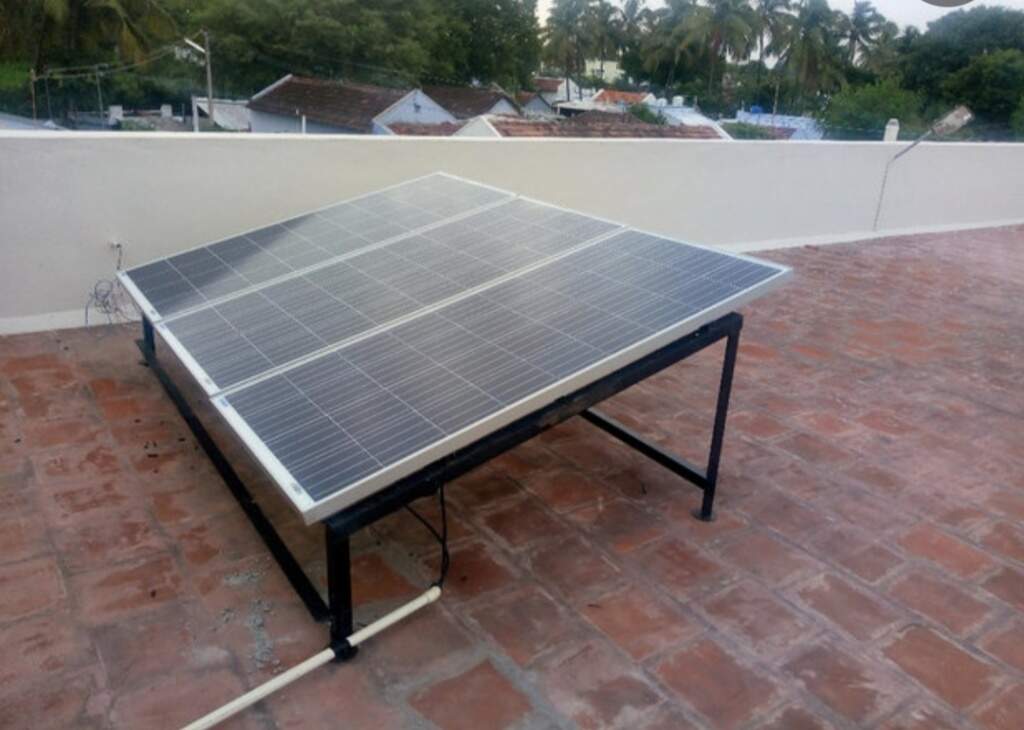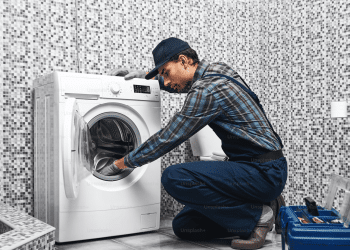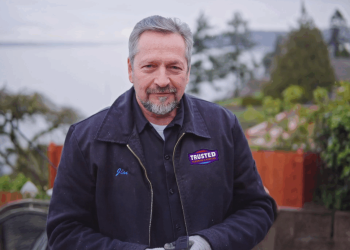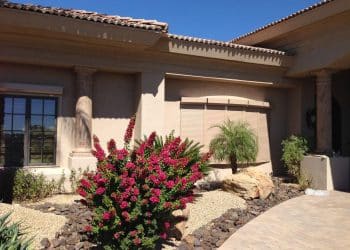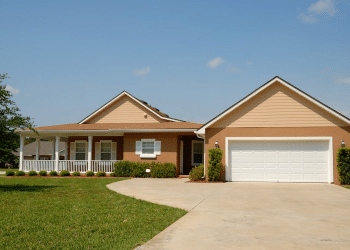Despite being new, solar power technology is increasingly gaining popularity in the energy industry. There is a wide range of solar power systems out there to choose from, which makes the selection process overwhelming. Remember, buying a solar power panel is a substantial investment, which means that you need to focus on crucial factors during the buying process. Here are six of the common things to consider when getting your first solar panel unit.
Access to Your Roof
The roof is your number one consideration before buying a solar power unit. You want to make sure it is up to the task. For instance, if it’s covered in the shade throughout the year, it might not support production enough energy that can justify your investment. Similarly, most solar installation comes with warranties of up to 25 years. This means that your roof should be in good condition to last that long. But if you feel it might need renovations a few years later, it makes sense to renovate the roof before installation. By so doing, you will save disconnection costs during roof repair.
Manufacturer Warranty
Don’t be carried away by fly-by-night solar power companies that promise to offer cheap solar units without warranty. As we mentioned earlier, solar panel installation is a long term investment, so it can help if you considered the quality and reliability of your system. Most reputable Solar power Brisbane brands offer a warranty period of up to 25 years, which is quite substantial. That way, you’ll be sure your solar unit can last long enough to give you high returns. However, for the warranty to be applicable, the manufacturer needs to be still in business, so it is crucial to choose a reputable company.
Type of Solar Panel
There are three main types of solar panels; monocrystalline, thin-film, and polycrystalline/multi-crystalline. These types vary in terms of design, performance, costs, appearance, and installation needs. It is important to note that each of these solar units has its own advantages and disadvantages, and the best option for your home will depend on your personal needs and preferences. However, based on the type of installation you choose, one model can be more appropriate than the others.
Solar Panel Mounting
Solar panel mounting process is crucial, so you want to ensure that the tracking system, roof, and ground mounting is engineer certified within your locality. For instance, if the area you live in is cyclone prone, you need to make sure the mounting brackets and system are both cyclone-rated. Similarly, your solar panel unit should be wind certified against a wild storm. Likewise, you must be cautious while purchasing and ensuring you ask about warranty and wind certification together with relevant documents.
Measure Your Energy Consumption
Measuring your energy use can help you make informed decisions. A reputable solar system installer will help you determine the amount of energy you consume. By so doing, you will know the suitable amount of energy to generate with your unit to suit your needs and requirements. This can also enable you to determine the number of panels to install, and the average amount of energy consumption covered by the unit. You should also be able to tell when you consume more energy, whether in the evening, morning, or middle of the day. This can help position your solar panels strategically.
Do Your Homework
One of the many mistakes you might make while shopping for your solar unit is buying from the first company you come across. If you gather solar quotes from different suppliers, you will be surprised at how prices vary. However, ensure you consider other factors because poor quality can reduce purchase price but cost you more in the long run in terms of maintenance. Another way to get a reliable unit is through recommendations. Consider asking your friends or family who has had a solar panel installed. Mostly, these are people you trust so they can tell you their genuine experience and maybe alert you on possible problems.
Want to buy a solar panel system? You’re about to make a significant decision that can help save your home energy. Follow the tips listed above to find the right unit for your home needs and avoid common mistakes.
Autobiography
Jim Pulman has extensive knowledge and experience in Home Building, Construction, and Design. He writes articles in his free time and partners with content creators to share his expertise with the online community

